Riccardo Chailly & Royal Concertgebouw Orchestra - Schnittke: Concerti Grossi Nos. 3 & 4 (1991)
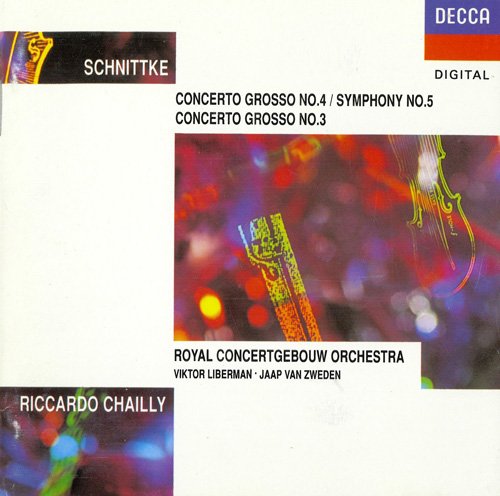
Artist: Riccardo Chailly, Royal Concertgebouw Orchestra
Title: Schnittke: Concerti Grossi Nos. 3 & 4
Year Of Release: 1991
Label: Decca
Genre: Classical
Quality: FLAC (image + .cue, log, scans)
Total Time: 58:51 min
Total Size: 261 MB
WebSite: Album Preview
Tracklist:Title: Schnittke: Concerti Grossi Nos. 3 & 4
Year Of Release: 1991
Label: Decca
Genre: Classical
Quality: FLAC (image + .cue, log, scans)
Total Time: 58:51 min
Total Size: 261 MB
WebSite: Album Preview
Concerto Grosso No.3
1. Allegro
2. Risoluto
3. Pesante
4.
5. Moderato
Concerto Grosso No.4 - Sinfonie No.5
1. Allegro
2. Allegretto
3. Lento
4. Lento
Riccardo Chailly was the fastest emerging young conductor in Europe in the 1970s and 1980s, and has fulfilled the early promise such a description implied. He is known for adventurous programming and a clean balanced sound.
He was born to a family prominent in Italian music. His father, Luciano Chailly, was the music director of RAI, the Italian broadcasting service and has had a variety of top administrative posts in major Italian opera houses. He is not related to Jacques Chailly, an eminent French musicologist.
Riccardo received composition lessons with his father and with Bruno Bettinelli at Milan conservatory. He studied conducting with Piero Guarino in Perugia, Franco Caracciolo in Milan, and Franco Ferrara in Siena. At the age of nineteen he received a position as assistant conductor of the symphonic concerts given by the orchestra of Milan's La Scala opera house. In 1974 he made his American conducting debut with Madama Butterfly at the Lyric Opera of Chicago.
He guest conducted widely in the 1970s. In 1982 he received a major appointment, that of chief conductor of the Berlin Radio Symphony Orchestra. Almost immediately he improved the ensemble, considered the second major orchestra of West Berlin, and was highly impressive with its recordings, including a revelatory recording of Bruckner's Seventh Symphony. He was also principal guest conductor of the London Philharmonic (1982-1985) and artistic director of the Teatro Comunale in Bologna (1986-1993).
In 1988 he accepted the position of Chief Conductor of the Concertgebouw Orchestra of Amsterdam. Since this is one of the most important conducting posts of the world, his age of thirty-five at the time of appointment was remarked upon. Chailly, however, points out that the orchestra has a tradition of appointing young music directors; of its three prior chief conductors Bernard Haitink and Eduard Van Beinem were also in their mid-thirties when appointed and Willem Mengleberg was only twenty-four.
As conductor of the Royal Concertgebouw (the regal adjective having been added by Queen Beatrice in the year of Chailly's appointment), he has sought to broaden the range of sound of the orchestra, as well as modernize it repertory. He says that this, too, is part of a tradition that goes back to Mengleberg, who conducted the new music of his time at the orchestra's helm.
In 1999 he assumed the leadership also of the Giuseppe Verdi Symphony Orchestra, an ensemble for young professional musicians (age 18 to 25). There is a potential problem looming for Chailly; in late 1998 he had to cancel some guest conducting appearances because of a developing arthritic condition in his shoulder. ~ Joseph Stevenson
He was born to a family prominent in Italian music. His father, Luciano Chailly, was the music director of RAI, the Italian broadcasting service and has had a variety of top administrative posts in major Italian opera houses. He is not related to Jacques Chailly, an eminent French musicologist.
Riccardo received composition lessons with his father and with Bruno Bettinelli at Milan conservatory. He studied conducting with Piero Guarino in Perugia, Franco Caracciolo in Milan, and Franco Ferrara in Siena. At the age of nineteen he received a position as assistant conductor of the symphonic concerts given by the orchestra of Milan's La Scala opera house. In 1974 he made his American conducting debut with Madama Butterfly at the Lyric Opera of Chicago.
He guest conducted widely in the 1970s. In 1982 he received a major appointment, that of chief conductor of the Berlin Radio Symphony Orchestra. Almost immediately he improved the ensemble, considered the second major orchestra of West Berlin, and was highly impressive with its recordings, including a revelatory recording of Bruckner's Seventh Symphony. He was also principal guest conductor of the London Philharmonic (1982-1985) and artistic director of the Teatro Comunale in Bologna (1986-1993).
In 1988 he accepted the position of Chief Conductor of the Concertgebouw Orchestra of Amsterdam. Since this is one of the most important conducting posts of the world, his age of thirty-five at the time of appointment was remarked upon. Chailly, however, points out that the orchestra has a tradition of appointing young music directors; of its three prior chief conductors Bernard Haitink and Eduard Van Beinem were also in their mid-thirties when appointed and Willem Mengleberg was only twenty-four.
As conductor of the Royal Concertgebouw (the regal adjective having been added by Queen Beatrice in the year of Chailly's appointment), he has sought to broaden the range of sound of the orchestra, as well as modernize it repertory. He says that this, too, is part of a tradition that goes back to Mengleberg, who conducted the new music of his time at the orchestra's helm.
In 1999 he assumed the leadership also of the Giuseppe Verdi Symphony Orchestra, an ensemble for young professional musicians (age 18 to 25). There is a potential problem looming for Chailly; in late 1998 he had to cancel some guest conducting appearances because of a developing arthritic condition in his shoulder. ~ Joseph Stevenson
Related Releases:
![Stanley Clarke - Live (1976-1977) [1991] Stanley Clarke - Live (1976-1977) [1991]](https://img.israbox.com/uploads/posts/2016-08/1472370785_folder.jpg)
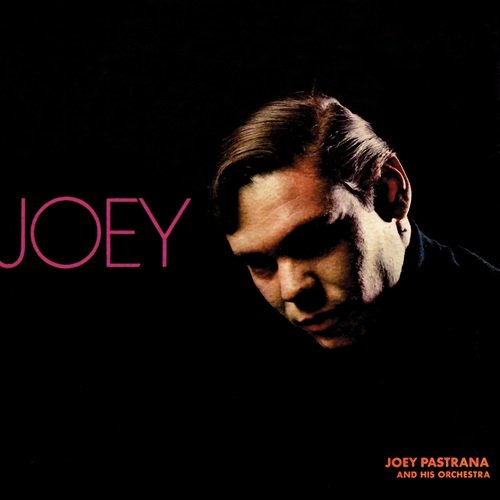
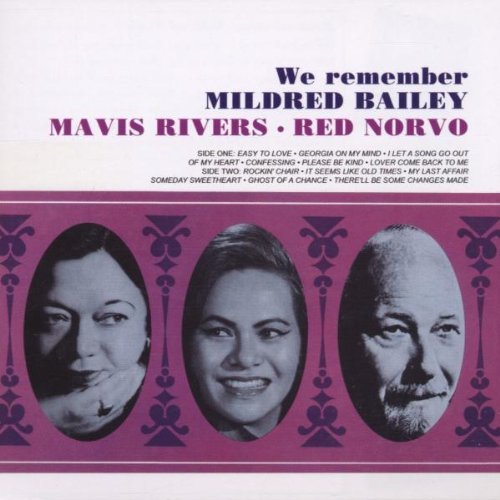
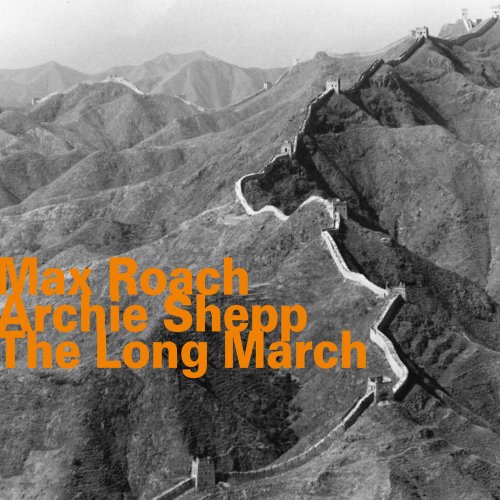
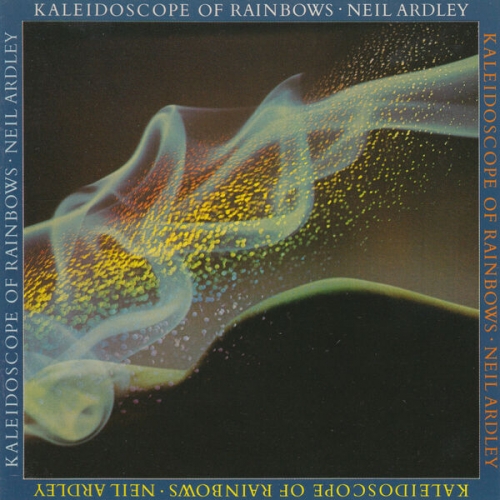
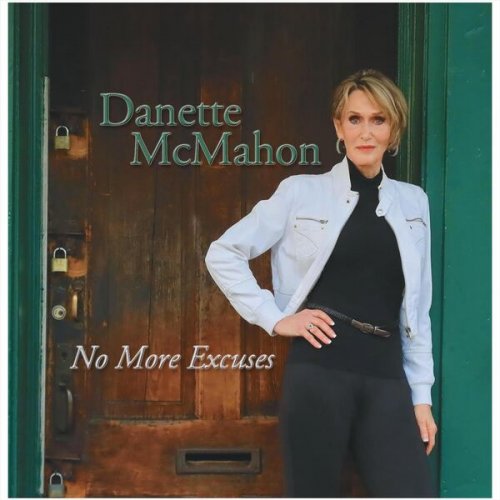
![The Mood Mosaic - Erotheque (Unleashing Groovy Musical Lust) (2026) [Hi-Res] The Mood Mosaic - Erotheque (Unleashing Groovy Musical Lust) (2026) [Hi-Res]](https://www.dibpic.com/uploads/posts/2026-02/1770314023_cover.jpg)
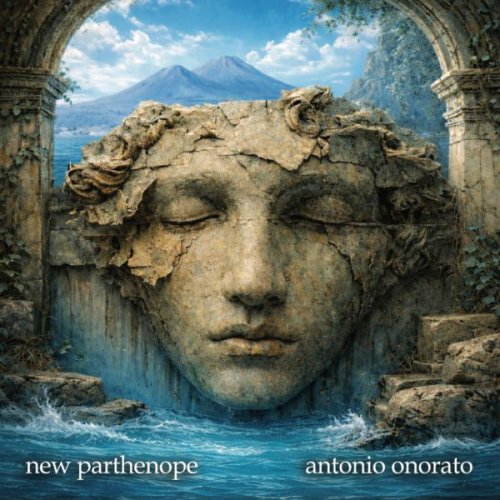
![Richie Beirach - Jazz Adagio (2015) [Hi-Res] Richie Beirach - Jazz Adagio (2015) [Hi-Res]](https://www.dibpic.com/uploads/posts/2026-02/1770282211_rbja500.jpg)